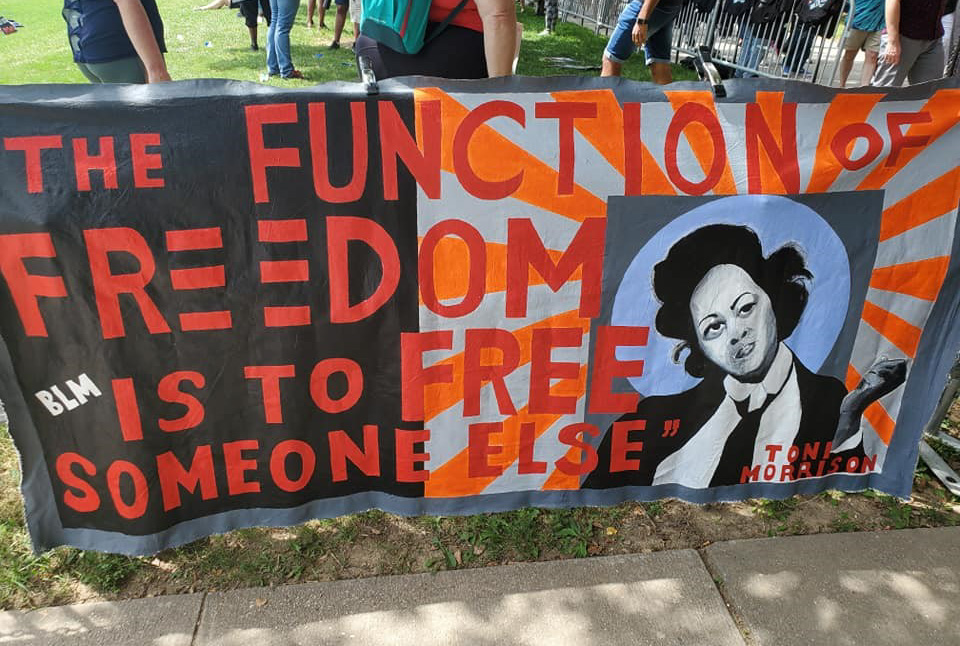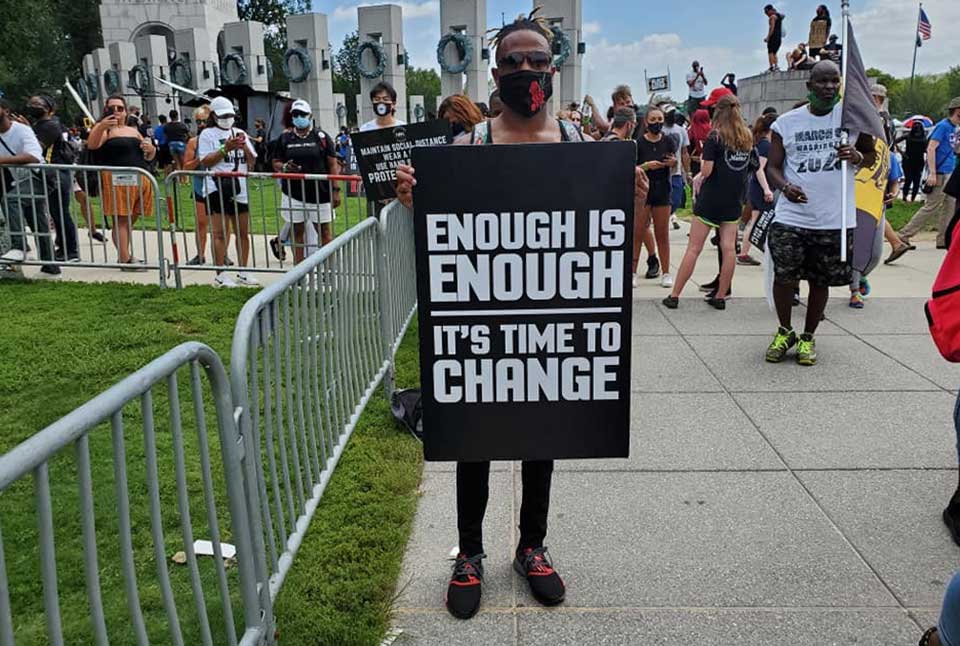Peace and Justice Studies explores issues of human rights, social justice, peace, violence, and conflict, exploring their connections and distinctions through an interdisciplinary curriculum that stimulates students to develop the critical thinking skills necessary to face global challenges. Peace and Justice Studies takes a multidimensional, intersectional approach to justice as a prerequisite for peace.

Students
The Minor in Peace and Justice Studies includes course work, a capstone paper, and electives such as an internship, study abroad, service learning, and independent study.
People
Core faculty in the Peace and Justice Studies Specialization have expertise in the areas of anthropology, history, political science, philosophy, education, agriculture, environmental science, and law.
News & Events
Peace and Justice Studies is pleased to host various events throughout the year. Please check back often to find out about new events and news relating to Peace and Justice Studies at MSU.

